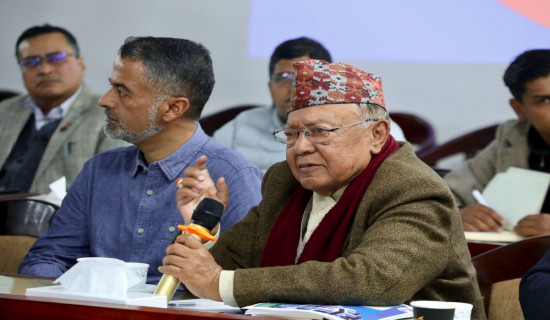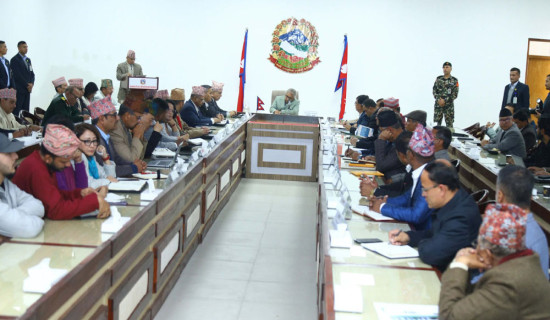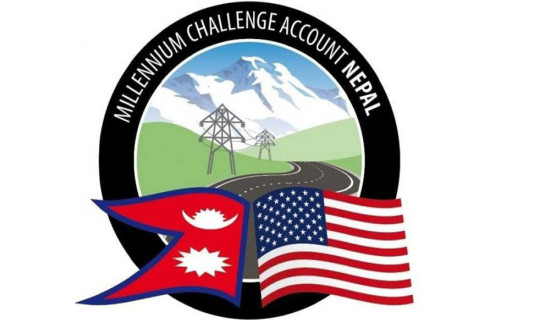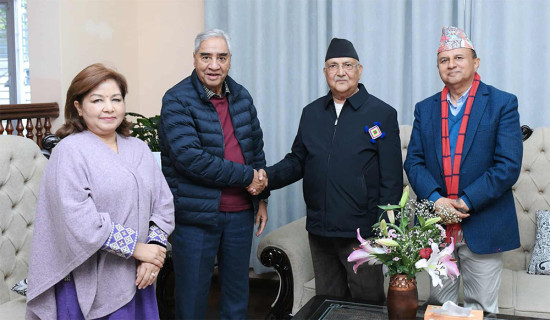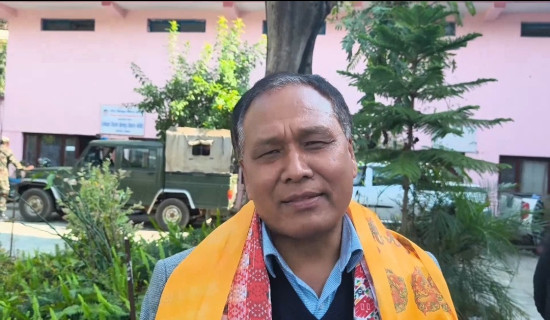- Tuesday, 23 December 2025
Impact Of Ukraine War In Nepal
Commencing on 22nd February, Russia launched a multipronged invasion of Ukraine. It has been dubbed the war for fossil fuel as it has heavily exposed the dependency of Europe on fuel imports from Russia and Ukraine. The conflict, now on its 6th month, has led to worldwide economic and geopolitical impacts.
Russian attack on Ukraine received widespread international condemnation. The United Nations General Assembly passed a resolution demanding a full withdrawal of Russian troops from Ukraine. The International Court of Justice robustly ordered Russia to suspend military operations immediately. Many democratic countries imposed sanctions on Russia and provided humanitarian and military aid to Ukraine. The International Criminal Court started an investigation into crimes against humanity that occurred in Ukraine since 2013 and including war crimes in the ongoing conflict. Despite this, Russia appears resolute and continues its war against its Western neighbour.
Principle of sovereignty
Nepal has not felt any direct impacts as a result of the conflict in Ukraine. We do not have an embassy in Kyiv, nor have we fostered strong diplomatic ties with Ukraine in the past. However, Nepal will have to face excessive increase in gas prices much like other nations but as a developing country, the devastation will be amplified. Apart from the economic impact, the invasion has also raised questions regarding the sovereignty of small powers, an issue which has been at the centre of the post-Westphalian world order and the UN charter.
Immediately after the invasion of Ukraine, Nepal declared that they view the “principles of sovereignty, and territorial integrity as enshrined in the U.N. Charter as sacrosanct… Nepal opposes any use of force against a sovereign country in any circumstances.” Nepal’s geopolitics has always remained a sensitive issue due to the nation’s location between India and China. Nepal and India’s territorial disputes occur often and along with previous blockades on the border, the former is facing a precarious situation. Furthermore, the assimilation of Sikkim to India in 1975 still evokes security concerns in Nepal. To the north, China has expressed its commitment to respecting the sovereignty and territorial integrity of Nepal.
Despite condemnation from the international body and heavily imposed sanctions, Russia is still able to continue its invasion undeterred. If small countries look strategically important there is not any guarantee that it will be treated well by big powers. Ukraine being geostrategic important for the West and to Russia, it has been devastated. Management of geostrategic importance of Nepal has been critical.
Market prices have soared along with import and process of petroleum. Yarn, coffee, tea, spices, and clothing are major exports of Nepal to Ukraine. There is direct trade relationship between the countries. In last fiscal year Ukraine was the sixth largest seller to Nepal but this situation is deteriorated in the first seven months with deserving eighth position in the current fiscal year (2021-2022). Many Nepali industries are importing raw materials from Ukraine. Impacts of this war have clearly seen in the country's economy. Immediate impacts are seen in the prices of gold, petroleum products and edible oil. Nepal has started importing crude edible oil seeds from Australia. Annual trade between the countries is about seventeen billion rupees.
In the first seven month of the last fiscal year, goods worth Rs 14.42 billion were imported from Ukraine to Nepal whereas Nepali goods worth 1.5 million have been exported. Nepal is importing cooking oil, corn, telephone/mobile equipment, and readymade garments from Ukraine. Carpets, tea, and paintings are exported from Nepal to Ukraine. It is certain that the price of all commodities will increase if the price of petroleum products goes high. Such situation increases the price of agriculture, transportation, and industrial products as well. Nepal has been importing crude oil of sunflower and soybean from Ukraine. The contribution of remittance to Nepal’s economy is also significance. However, workers based in the Gulf who work in oil trade are less likely to lose their jobs.
Countries all over the world are suffering with ever rising inflation. Nepal’s own inflation rate is now inching to double digits. The stand of Nepal in this war has been different if compared with its neighbours. The rise in commodity prices has forced central banks around the world to readjust their interest rates. Nepal is not immune to these global impacts. The war has also changed the foreign policy outlook and geopolitical conduct of nations as the long-standing policy of non-alignment has come under scrutiny.
Non-aligned policy
For the purpose of reducing negative impacts of Ukraine war, Nepal needs seriously to take measure to reduce the consumptions of petroleum products. In dealing with the challenges of foreign policy, Nepal should clearly brief the international community about her position on this war. Nepal should be able to convince that she is in line with non-aligned foreign policy. Nepal should present herself as a formed and clear stand in such burning issues so that Nepal would be accepted as a reliable sovereign country.
Being the chair of SAARC, Nepal should play significant role in the region to furnish its common stand on Ukraine war. However, SAARC countries are divided during the UN voting on the Russian invasion. To solve the problem of remittance flow, Nepal should start an efficient diplomatic talk with labour receiving countries and find out common way forward. Otherwise, Nepal has to face terrible problems in near future.
(Mainali is a former secretary of government.)









